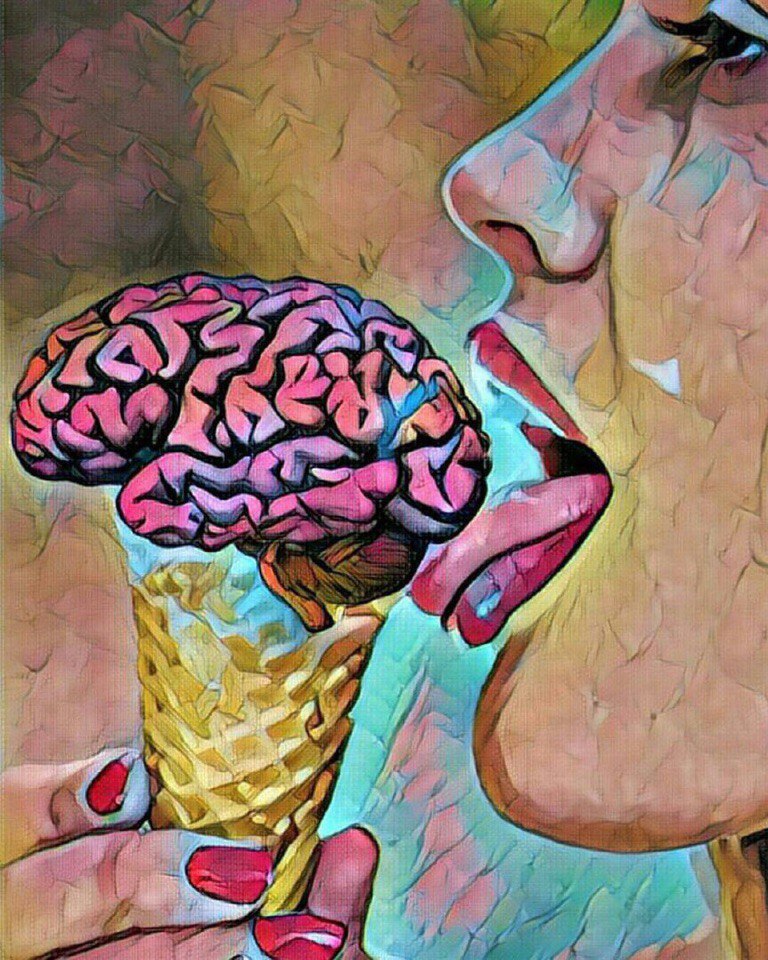Psychology of Creativity: How creative solutions are born
13 Dec 2016
This is a basic study, it is designed for a broad audience and will be useful to all those who would like to understand the basics of psychology of creativity and learn about the mechanisms of adoption of creative solutions.

Picamilon, Noopept, Piracetam, Cogitum would help you.
Psychology of creativity seeks to answer the eternal question of how people create new: coming up with new theories to cope with problematic situations, creating new technical equipment, products and services. Actually, how psychologists explain the birth of the creative (beautiful, original, new, unexpected) ideas will be discussed. And also about how to help yourself treat their creative abilities and apply them to the case. We will discuss what is creative thinking with psychological point of view, as it can be studied by scientific methods, and that I want to know about it, but it remains a stumbling block for researchers.
"People and Challenges"
Creative people and productive solutions"Big" and "small" creativity
The role of consciousness and the unconscious in the process of solution
Status inspiration
"Why do creative tasks difficult?"
The creative tasks are different from the routine?Patterns and barriers
Challenges
"The creative personality: Myth or Reality?"
The human personality: heredity and environment
Personality traits associated with creativity
External and internal motivation
-"Theory of Creativity"
Network models and remote association
peripheral attention
Status flow
-"Intellect and creativity"
Creative skills
How to measure creative abilities: intelligence tests, tests of creativity
universal problem of ability
-"Is it possible to improve their creativity?"
Development of creative abilities: Methods and Problems
Strategies and methods of teaching
Situational influence on creativity
Pharmacological drugs – Picamilon, Piracetam, Noopept, Phenotropil - features and pecularity
-"How to activate the creative search: the here and now"
Generation (generation) and selection of new solutions, "lateral" thinking and the use of metaphors
Development of new ideas
Evaluation of the solutions
So where are the creative solutions?
-"Creativity and social success"
Creativity and Learning
Creativity and professionalism
Creativity and Career

 Cart
Cart





